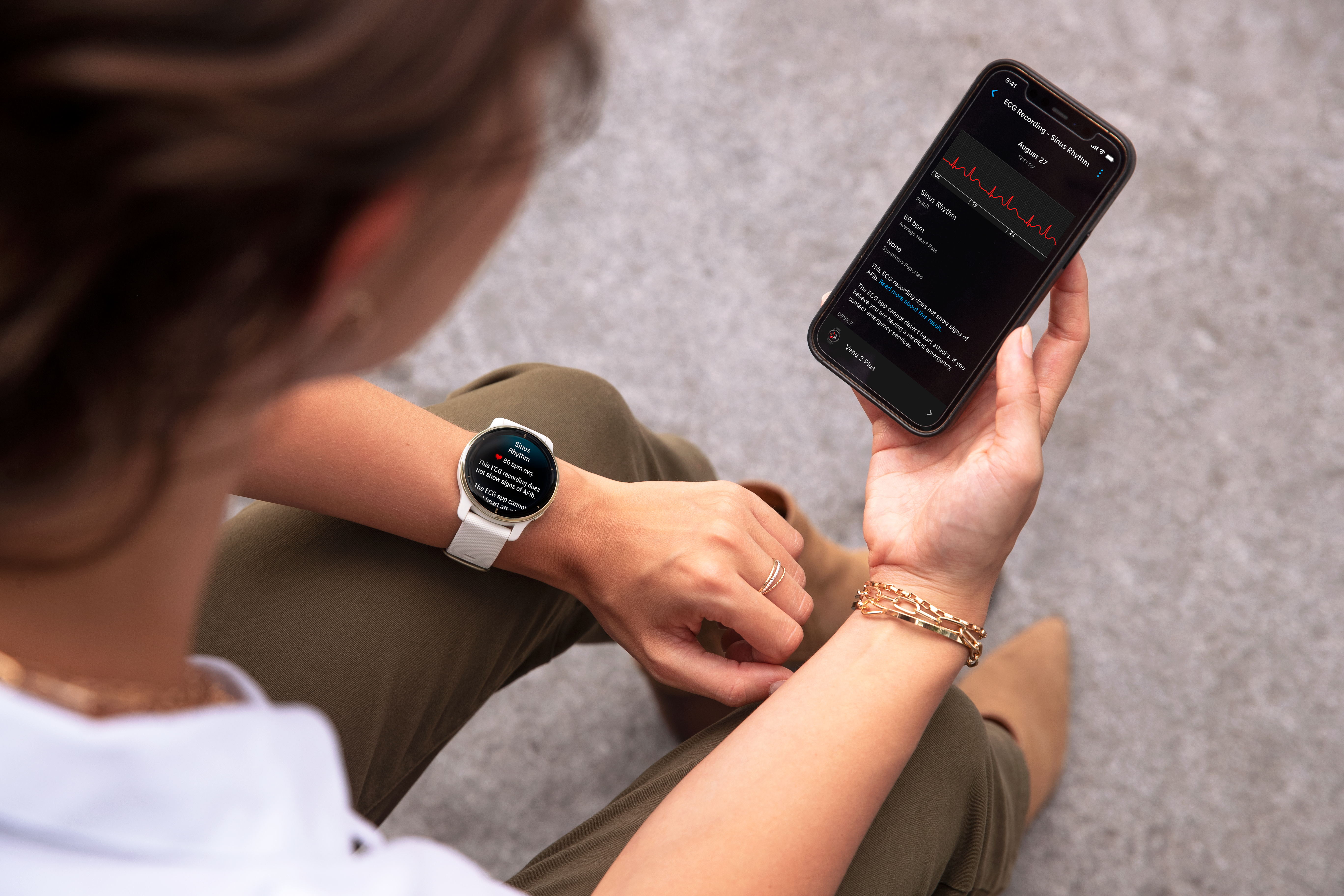Poland-based healthtech AI startup Cardiomatics has announced a $3.2M seed raise to expand use of its electrocardiogram (ECG) reading automation technology.
The round is led by Central and Eastern European VC Kaya, with Nina Capital, Nova Capital and Innovation Nest also participating.
The seed raise also includes a $1M non-equity grant from the Polish National Centre of Research and Development.
The 2017-founded startup sells a cloud tool to speed up diagnosis and drive efficiency for cardiologists, clinicians and other healthcare professionals to interpret ECGs — automating the detection and analyse of some 20 heart abnormalities and disorders with the software generating reports on scans in minutes, faster than a trained human specialist would be able to work.
Cardiomatics touts its tech as helping to democratize access to healthcare — saying the tool enables cardiologists to optimise their workflow so they can see and treat more patients. It also says it allows GPs and smaller practices to offer ECG analysis to patients without needing to refer them to specialist hospitals.
The AI tool has analyzed more than 3 million hours of ECG signals commercially to date, per the startup, which says its software is being used by more than 700 customers in 10+ countries, including Switzerland, Denmark, Germany and Poland.
The software is able to integrate with more than 25 ECG monitoring devices at this stage, and it touts offering a modern cloud software interface as a differentiator vs legacy medical software.
Asked how the accuracy of its AI’s ECG readings has been validated, the startup told us: “The data set that we use to develop algorithms contains more than 10 billion heartbeats from approximately 100,000 patients and is systematically growing. The majority of the data-sets we have built ourselves, the rest are publicly available databases.
“Ninety percent of the data is used as a training set, and 10% for algorithm validation and testing. According to the data-centric AI we attach great importance to the test sets to be sure that they contain the best possible representation of signals from our clients. We check the accuracy of the algorithms in experimental work during the continuous development of both algorithms and data with a frequency of once a month. Our clients check it everyday in clinical practice.”
Cardiomatics said it will use the seed funding to invest in product development, expand its business activities in existing markets and gear up to launch into new markets.
“Proceeds from the round will be used to support fast-paced expansion plans across Europe, including scaling up our market-leading AI technology and ensuring physicians have the best experience. We prepare the product to launch into new markets too. Our future plans include obtaining FDA certification and entering the US market,” it added.
The AI tool received European medical device certification in 2018 — although it’s worth noting that the European Union’s regulatory regime for medical devices and AI is continuing to evolve, with an update to the bloc’s Medial Devices Directive (now known as the EU Medical Device Regulation) coming into application earlier this year (May).
A new risk-based framework for applications of AI — aka the Artificial Intelligence Act — is also incoming and will likely expand compliance demands on AI healthtech tools like Cardiomatics, introducing requirements such as demonstrating safety, reliability and a lack of bias in automated results.
Asked about the regulatory landscape it said: “When we launched in 2018 we were one of the first AI-based solutions approved as medical device in Europe. To stay in front of the pace we carefully observe the situation in Europe and the process of legislating a risk-based framework for regulating applications of AI. We also monitor draft regulations and requirements that may be introduced soon. In case of introducing new standards and requirements for artificial intelligence, we will immediately undertake their implementation in the company’s and product operations, as well as extending the documentation and algorithms validation with the necessary evidence for the reliability and safety of our product.”
However it also conceded that objectively measuring efficacy of ECG reading algorithms is a challenge.
“An objective assessment of the effectiveness of algorithms can be very challenging,” it told TechCrunch. “Most often it is performed on a narrow set of data from a specific group of patients, registered with only one device. We receive signals from various groups of patients, coming from different recorders. We are working on this method of assessing effectiveness. Our algorithms, which would allow them to reliably evaluate their performance regardless of various factors accompanying the study, including the recording device or the social group on which it would be tested.”
“When analysis is performed by a physician, ECG interpretation is a function of experience, rules and art. When a human interprets an ECG, they see a curve. It works on a visual layer. An algorithm sees a stream of numbers instead of a picture, so the task becomes a mathematical problem. But, ultimately, you cannot build effective algorithms without knowledge of the domain,” it added. “This knowledge and the experience of our medical team are a piece of art in Cardiomatics. We shouldn’t forget that algorithms are also trained on the data generated by cardiologists. There is a strong correlation between the experience of medical professionals and machine learning.”

